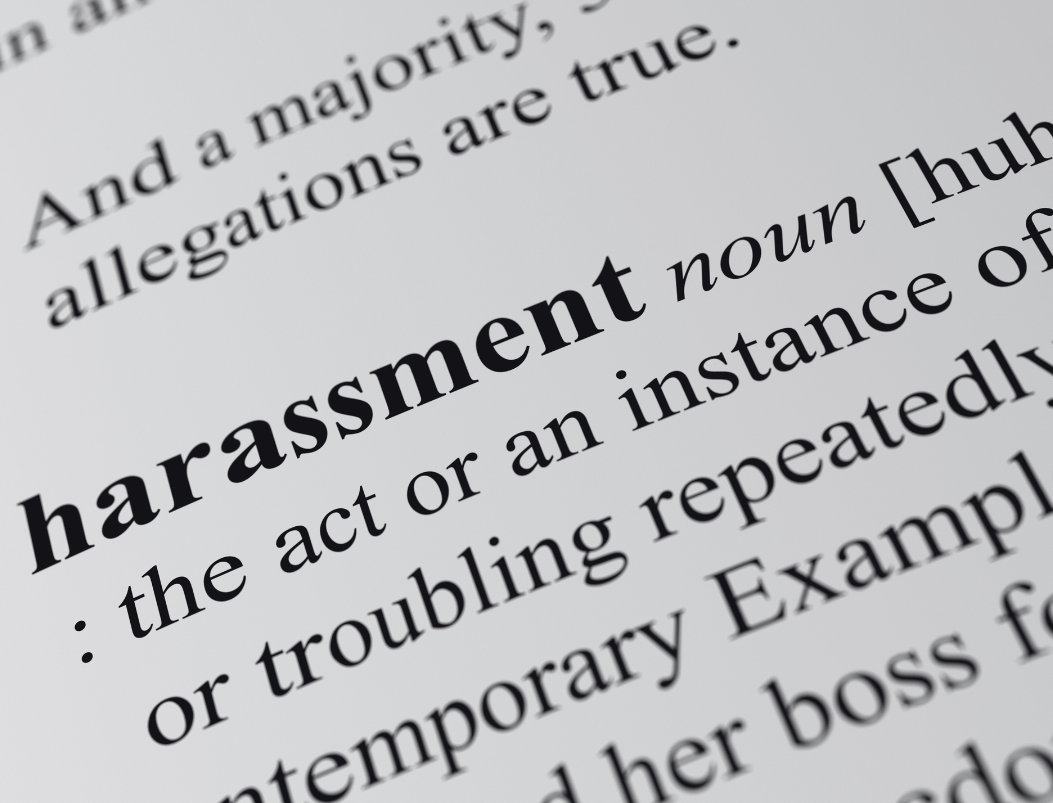Under the Equality Act 2010, employers are liable for discriminatory acts carried out by employees in the course of their employment. However, employers have a defence if they can demonstrate that they took all reasonable steps to prevent their employees from committing those acts. These principles are illustrated by the recent case of Campbell v Sheffield Teaching Hospitals NHS Foundation Trust, where the Employment Appeal Tribunal (EAT) upheld an Employment Tribunal’s decision that an employer had no liability for racial harassment because it did not occur in the course of employment. The EAT also ruled that the employer had taken all reasonable steps to prevent the harassment.
Mr Campbell, an employee of the Sheffield Teaching North Hospitals NHS Foundation Trust, worked as Branch Secretary for UNISON. Mr Hammond, another Trust employee, had tried to terminate his UNISON membership, but his fees were still being deducted. During a work break, he went to Mr Campbell’s office to seek a refund of those fees. When Mr Campbell refused, Mr Hammond became frustrated and directed a racist insult at Mr Campbell. Mr Campbell brought a claim in the Employment Tribunal alleging that the Trust was liable for Mr Hammond’s racial harassment.
The main issue for the Tribunal was whether the harassment had taken place in the course of Mr Hammond’s employment. There were several connections with his employment: the argument with Mr Campbell had taken place during the working day, in an office close to his workspace, and it related to membership of a union recognised by the Trust, in which Mr Campbell played an important role. On the other hand, the Tribunal also noted that Mr Hammond’s UNISON membership was a matter of personal choice, and the harassment took place during a conversation about a personal dispute with the union, which had no link to his employment. The Tribunal concluded that, on balance, these factors carried more weight and ruled that the harassment had not taken place in the course of Mr Hammond’s employment.
The Tribunal also ruled that, in any event, the Trust had taken all reasonable steps to prevent racial harassment. Mr Hammond had recently completed mandatory equality and diversity training. The Trust’s core values of ensuring dignity, trust, and respect for all were emphasised at his induction session and on posters where he worked. In addition, his annual performance review included an assessment of his compliance with the Trust’s values.
Mr Campbell appealed to the EAT, arguing that there was a link between Mr Hammond’s union membership and his employment. However, the EAT ruled that the Tribunal had applied the appropriate legal test and had correctly taken the whole context into account. It was reasonable for the Tribunal to have concluded that the racist comment arose from a personal dispute over union fees and was unrelated to Mr Hammond’s employment. Although Mr Campbell’s appeal failed on this basis alone, the EAT also upheld the Tribunal’s ruling that the Trust had taken all reasonable steps to prevent harassment.
This judgement highlights that Tribunals will consider the whole context when assessing whether an employee’s discriminatory acts were committed in the course of employment. Although in this case the employee’s racist insult was held to be unrelated to his work, it is important to remember that each case will be decided on its own facts and circumstances. It is also useful to have examples of actions that will satisfy the ”all reasonable steps defence”. In order to minimise the risk of claims, employers should implement comprehensive diversity and equality policies, conduct regular training for all staff, ensure that organisational values are advertised in the workplace, and highlight those values during induction procedures and appraisals. Employers should also maintain detailed records to ensure they can demonstrate that these steps have been taken.







